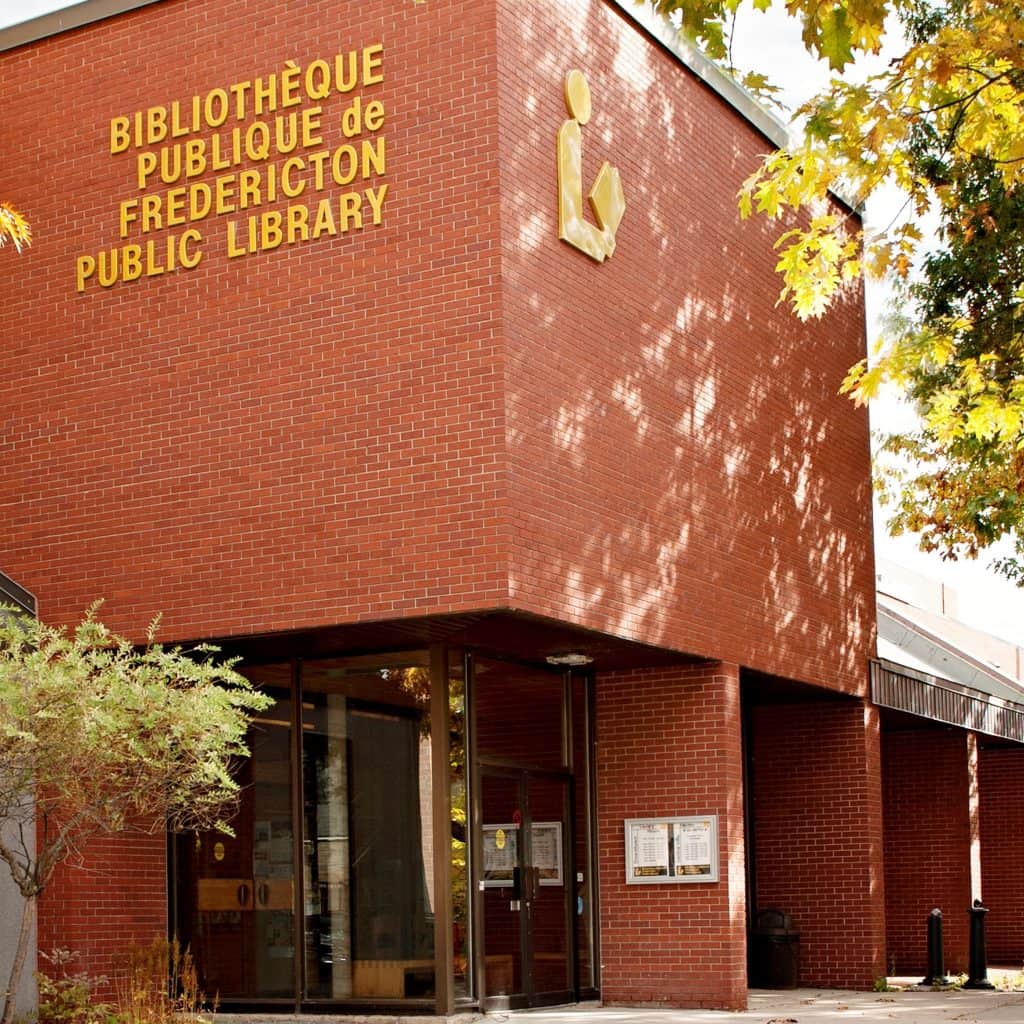
Benefits of Living in a Small City

There are many benefits to living in a small city. Smaller cities in Canada can provide advantages such as:
- improved quality of life
- more affordable cost of living
- less competition for employment opportunities.
Vikram* and Nutan* had great lives as budding professionals in India’s IT capital Bangalore. But, after a close friend immigrated to Canada, they decided to do some exploring for themselves. Turns out, they would meet and exceed the requirements to immigrate to Canada!
They then needed to hone in on where they wanted to live in Canada. Both agreed, they did not want big city living and wanted to have a good work-life balance. The Atlantic Provinces were a big draw and they settled on Fredericton for its beauty and friendly communities. Two years later, they both have jobs, a gorgeous 5 bedroom house, and the cars that they wanted. But, most importantly, they became members of a welcoming community!
Join our free webinar and discover what the City of Fredericton
offers to newcomers:
Advertisement:
Small cities across Canada attract newcomers by providing benefits such as job opportunities and high quality of life. And, another benefit is that small city living provides newcomers with a different option to living in a large, busy, and hectic city.
Newcomers often move to large Canadian cities such as Toronto, Montreal, and Vancouver, because of the social, economic, and community networks. With these networks in place, newcomers may find better access to jobs; cultural and social communities; and support services. However, newcomers can often find these same services and jobs in small cities as well.
Population growth in large cities
Population and migration growth in large cities often puts pressure on areas such as:
- Competition for quality jobs
- House prices and rental costs
- Social services and education
- Transit and traffic congestion (which often means longer commute time to get to work).
As a result, large cities often have a higher cost of living and a tighter job market than a small city. As a newcomer, only you can decide if you want to live in a large or small city. You may just find those small cities provide the same benefits such as job opportunities, and essential services that large cities provide.
Advertisement:
Benefits of living in a small city
Quality job opportunities are available
While large cities are attractive to newcomers, you may find that there is high competition for jobs. But, smaller cities often experience job growth when existing residents leave the community, or retire. So, many small cities look to newcomers with the right job skills to meet their employment needs.
Lower cost of living
Living in a small city often comes with the benefit of a lower cost of living than a large city. Newcomers may do better financially than those who settle in large cities.
In 2021, Maclean’s magazine ranked Fredericton in the top 10 best communities to live in in Canada.
Quality of life
A small city can be much quieter and laid back than life in a large city. This can benefit newcomers who are looking to integrate into the community more easily. Living in a small city may help you to learn the language and immerse yourself in the local community. But, only you can decide if you prefer to live in a large and bustling city, or a more relaxed and smaller city.
How small cities support newcomers
In Canada, smaller cities recognize that they benefit when they welcome newcomers. To attract and keep newcomers, they continue to build communities that welcome, embrace, and support newcomers.
Considering a small city? Here are four key factors to consider:
1. What jobs are available in the community?
This is very important. If the available jobs do not match your skill set, you will leave that community if you and your spouse cannot find suitable employment. While you may initially settle in the community, you will likely make a secondary move which can be very costly.
Questions to consider:
- What jobs are available for me and my spouse?
- Do my skills and experience match the available jobs?
- What are the main industries in the community?
- Who are the major employers in the community?
- What jobs are in high demand?
- What employment services exist for newcomers?
- Are mentorship programs available for newcomers?
- Are there programs to support immigrant entrepreneurs?
- What is the unemployment rate in the community?
2. What cultural support does the community offer to newcomers?
Immigrants often consider the cultural and social network that exists in the community when deciding where to live. This can include services that are available in different languages and faith-based and nationality-based communities.
Small cities recognize the economic, cultural, and social benefits of welcoming newcomers to their city. When they support newcomers, it creates an economic benefit for the community and an attractive option for newcomers to live.
Questions to consider:
- What activities are available to promote cultural diversity?
- Are there groups, ethnic networks, and professional associations for newcomers?
- What is the ethnic diversity of the community?
- What’s the quality of life? (fast-paced or relaxed? Access to nature, bike trails, etc?)
3. What social support is available to newcomers in a small city?
Newcomers benefit when there are settlement services available to help them settle in the community. Such services could include providing help with: conducting job search activities; writing a Canadian resume; enrolling children in school; applying for various government programs; and many other activities.
Questions to consider:
- Does the community offer settlement services to help newcomers adapt to the community?
- What type of services are provided?
- How easy is it to access newcomer services?
- What health care is available? Can I find a family doctor?
Related Posts:
Settle in Canada with Confidence and Ease
Steps to Access Free Health Care in Canada
What to Know About Living in Fort McMurray, Alberta
4. What infrastructure is in place to benefit newcomers?
Here, it’s important to evaluate some practical issues such as: how to get around the community; access to affordable housing, recreational facilities; schools; shopping; libraries; and places of worship.
Questions to consider:
- What public transportation is available to get around? Is there a good transportation system, or will you need to buy a car to get around?
- How affordable is *housing in the city or town? How does it compare to larger cities in the province?
- What is the vacancy rate for rental properties?
- Are there community centres and recreational facilities?
- Are there libraries that offer multilingual content?
*Our Rentals for Newcomers site is a practical and easy-to-navigate site to help you find housing so you can make an easier transition to life in Canada! And you can even find the average cost of rentals in each city. This is helpful since rental prices change often. You’ll also find great articles about renting in Canada.
There are likely other factors that are important to you. But, you may find that a small city can provide many benefits and support to help you succeed.
*Names changed to protect identities
For more information about living and working in Canada, check out our free webinar schedule! We’ll help you to achieve success in Canada!
Corinna Frattini is the content marketing strategist at Prepare for Canada and contributes articles related to working in Canada. With a background in human resources and leadership development, her articles focus on what Canadian employers seek and how newcomers can continue their careers in Canada.







 Not all franchisors will assist with site selection and site location is critical to your business success. But, if your franchisor doesn’t provide site selection support, you can usually get guidance related to:
Not all franchisors will assist with site selection and site location is critical to your business success. But, if your franchisor doesn’t provide site selection support, you can usually get guidance related to: 